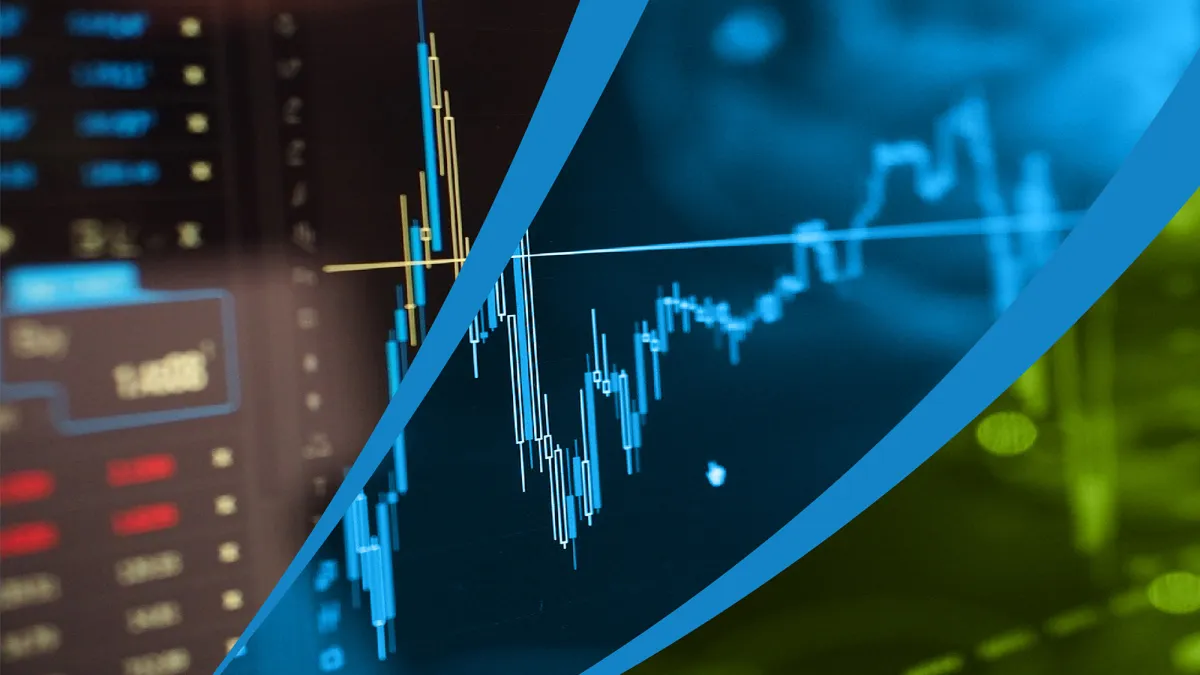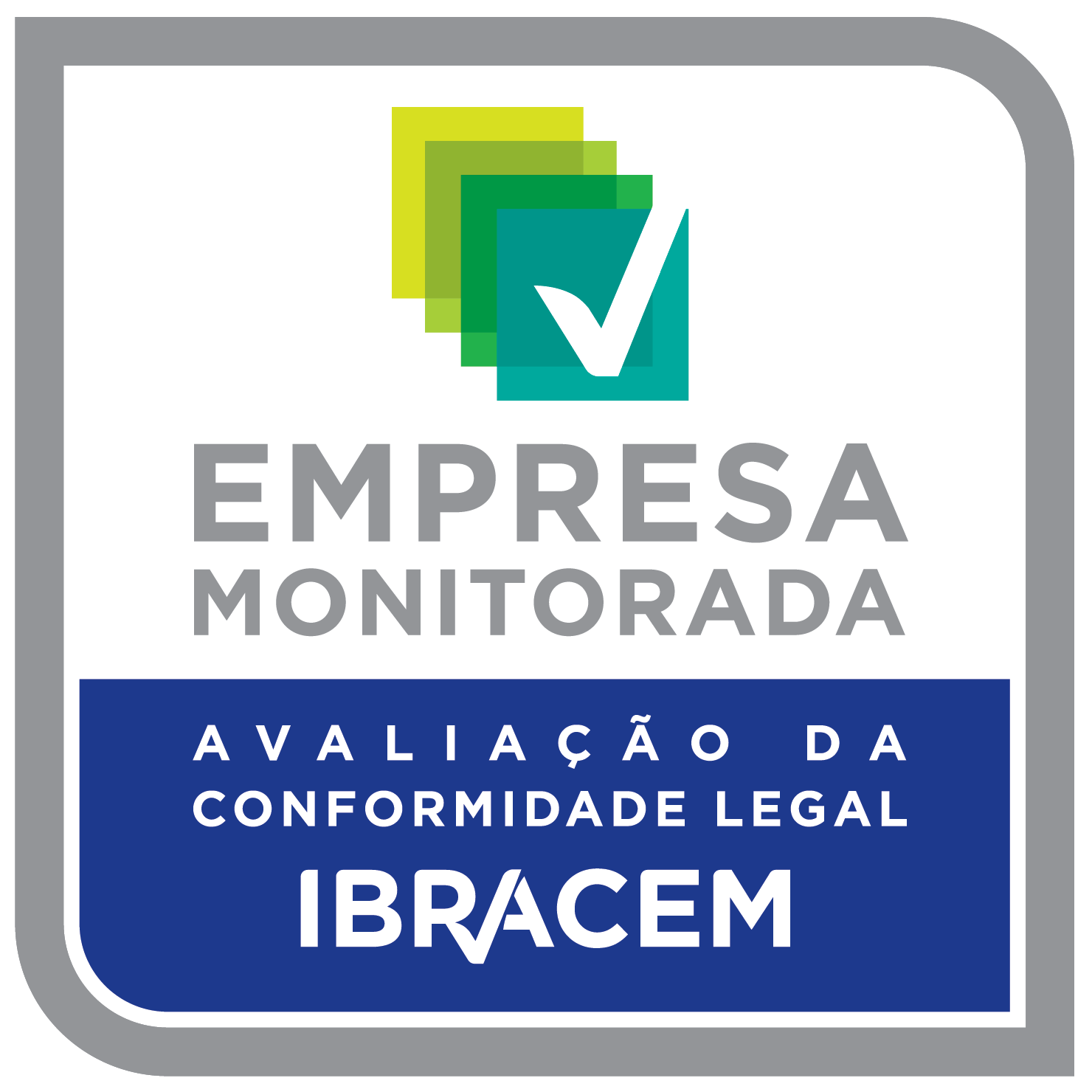The IFRS Foundation continues to work on building global ESG standards as it seeks to build its board of directors. A draft of the first results is expected to be announced in September.
However, reaching global metrics may not be that simple. The communication needs between different sectors must be considered. Even so, the technical analyst responsible for the sustainability program of the National Confederation of Commerce in Goods, Services and Tourism (CNC) , Fernanda Ramos, sees the negotiations as positive – when comparing the same sectors.
“If we take the example of fashion retail, a sector represented by us and which today we see major Brazilian brands positioning themselves on the subject, winning awards, receiving international recognition and making sustainability reports, certainly for this sector, for being able to compare and analyzing with your competitor, in more subjective and qualitative issues of sustainability, will bring learning, reflections and opportunities for improvement with the experience of the other”, said the analyst in an interview with DEEP .
The Financial Times, in an article that analyzes the process of universalizing ESG parameters, recalls that companies tend to argue that their businesses are of a “unique nature”, which makes comparisons difficult, and this would explain, according to the magazine, the fact that that the ESG unification “remains highly contested”, although negotiations are on their way.
Naiara Bertão, in Valor Econômico , recalls that adequate ESG parameters will be demanded not only from large organizations, but also from companies throughout their chain, mainly from corporations in the agricultural and pulp and paper sectors, in addition to exporters, pressured by an increasingly demanding market abroad.
Ongoing Process – The IFRS Foundation has received broad support from all stakeholders supporting disclosure mechanisms to continue the proposal to build consensus and lay the groundwork for new high-quality sustainability disclosure standards on a global scale.
Perhaps this is the main step towards meeting the expectations and information needs for the market and investors in general. For Paulo Miranda, Co-founder of DEEP, “this effort will result in the consolidation of the mechanism of the new International Sustainability Standards Board (ISSB) and will allow the process of adoption of the new rules, by the capital market, to gain momentum, and will change the how investors, asset managers and companies will face these changes”, he says.
The organization promises, in the coming months, to release the first drafts, depending only on the appointment of at least eight of the 14 members expected to form the council as proposed at COP26 in Glasgow, according to IFRS announcement .
While building this consensus is a huge undertaking, “there is a strong demand from stakeholders for the ISSB to publish final requirements in a timely manner based on the prototype climate and general sustainability disclosure requirements also published at COP26, subject to the appropriate process,” the statement said. At the end of this work, what is expected is that the ISSB has managed to consolidate a process that has been driven by IFRS involving several actors, to bring a more systematic, and more compatible and updated framework to the demands and global reality.
DEEP continues to monitor the progress of this process.
Three questions
The holding EDP Brasil is part of the European group Energias de Portugal. The company made a public commitment to reduce its carbon emissions by 85% by 2032 compared to 2017 and, in a list valid for 2021 and 22, it was ranked first in the B3 ISE . In an exclusive interview with DEEP, the organization's sustainability director, Dominic Schmal, evaluated the universalization of ESG metrics as "interesting" and spoke about the topic.
Dominic Schmal, sustainability director at EDP.
-
How does your organization/company see the proposal for universalization/unification of ESG parameters?
We believe that this could be an interesting proposal in order to facilitate the understanding of the different methodologies, however, it is important that this process is flexible enough not to generalize the materiality of ESG topics to all sectors and activities in order to weaken the information. An alignment process where there is no vision of the socio-environmental contexts of each Company is not desirable.
If the path of meeting the methodologies occurs, this can be an important process to bring greater clarity and comparability of information, which is positive. The clearer the indices used, the greater the possibility of other companies applying metrics, as the space of the ESG agenda as a whole tends to be expanded. As a company committed to excellence in ESG and which believes in Sustainability as the main value of an integrated strategy, expanding the debate on topics such as human rights, the environment and corruption is a collective gain.
-
Is the universalization of ESG parameters already on the “radar” of your organization/company?
Yup. We are attentive to all movements, we even participated in several discussions in this regard at the last COP26. We have already worked together on methodologies such as TCFD (Task Force on Climate-related Financial Disclosures) and SASB (Sustainability Accounting Standards Board).
In each of them, there are different scopes and variations, but also many consonances. In addition, the last few years have been full of good moves to bring methodologies closer together. The TCFD, for example, emerged by bringing together several organizations to develop a standard for measuring and reporting climate-related financial risks. Also worthy of reference is the SSB (Sustainable Standard Board), created by the IFRS Foundation, with the aim of standardizing the disclosure of sustainable practices in order to integrate them with financial reports.
It is also important to monitor discussions at the local level, such as the recent move by the CVM to demand more ESG information from companies, encouraging an increasing level of integration between accountability processes and socio-environmental issues.
-
What benefits does the proposal bring to organizations/companies, in your opinion?
This initiative has the potential to boost global sustainability performance at a time when more objective, evidence-based data is required. The experience of years producing sustainability reports has awakened us to a challenging aspect: it is necessary to be increasingly transparent.
At EDP, we have been discussing for some time the need to timely report our policies and performance on ESG issues. In 2021, we launched our first quarterly ESG Performance Report and the ESG Question Bank , a search tool that allows for quick and objective consultation of EDP's main environmental, social and governance initiatives, using a question-and-answer format. . In addition, we maintain a specific page on the topic within the IR website ( Performance ESG ), serving as a basis for investors, rating analysts and society to obtain input on the Company.
We think through our steps and discuss internally in order to continue expanding the sources of consultation, as well as to continue adapting to the changes that are gradually occurring in each of the ratings and methodologies we use. This also ends up contributing to positive changes in the company's organizational culture and reinforcing the idea that we have challenges, but we are on the right path.









